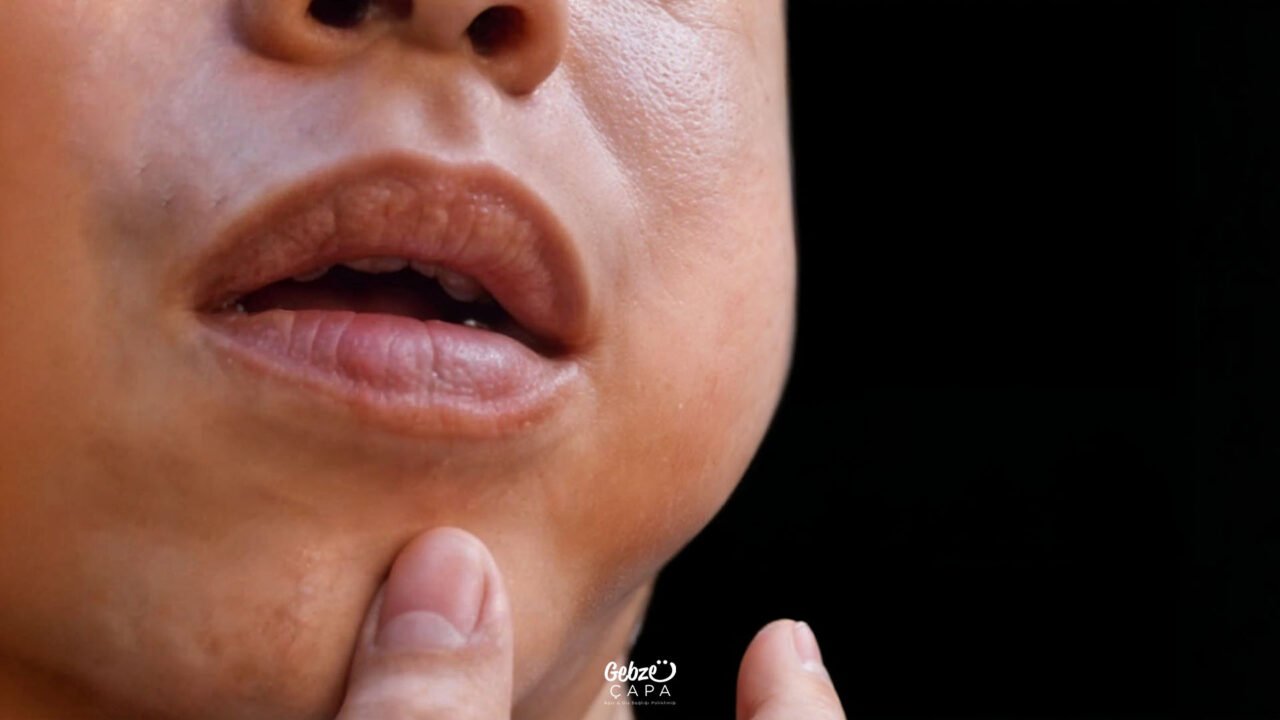Diş Ağrısına Ne İyi Gelir
Diş ağrısı, hemen herkesin hayatında en az bir kez karşılaştığı, hem fiziksel hem de zihinsel olarak yıpratıcı bir sorundur. Günlük yaşamı büyük ölçüde etkileyen bu rahatsızlık, sadece yemek yemeyi veya konuşmayı zorlaştırmakla kalmaz, aynı zamanda uykusuzluk ve stres gibi ikincil sorunlara da yol açabilir. Diş ağrısının nedenleri genellikle diş çürükleri, diş eti enfeksiyonları, diş minesinde meydana gelen aşınmalar veya diş kökü problemleri gibi faktörlere dayanır. Ayrıca, ağız hijyenine dikkat edilmemesi, diş ipi kullanımının ihmal edilmesi, aşırı şeker tüketimi gibi yaşam alışkanlıkları da diş sağlığını olumsuz yönde etkileyebilir.
Dişteki ağrının hafif ve kısa süreli olabileceği gibi, şiddetli ve sürekli bir hale dönüşmesi de mümkündür. Bu durumda bir diş hekimine başvurmak kaçınılmaz hale gelir. Ancak dişimizdeki ağrının tam olarak neden kaynaklandığını anlamak ve tedaviye yönelik doğru adımları atmak için ağrının türü ve kaynağı önemlidir. Örneğin, diş minesinde çatlak veya kırık gibi travmatik nedenlerden kaynaklanan bir diş ağrısı, diş çürüğüne bağlı bir ağrıdan farklı bir tedavi gerektirir. Diş hassasiyeti veya sinirlerdeki hasar gibi daha derinlemesine sebepler de göz önünde bulundurulmalıdır.
Diş Ağrısının Nedenleri
Diş ağrısı, birçok farklı nedenden kaynaklanabilir. En yaygın sebeplerden biri diş çürükleridir; bakteriler dişin mine tabakasını aşındırarak derinlere ilerler ve sinirlere ulaştığında ağrıya neden olur. Diş eti hastalıkları, örneğin diş eti iltihabı veya periodontit, diş etlerinde şişme, kızarma ve kanama ile birlikte hassasiyete yol açarak ağrı oluşturabilir. Gece uyurken ya da stres anlarında farkında olmadan diş sıkmak veya gıcırdatmak da dişlere zarar verir ve ağrıya neden olabilir.
Ayrıca, dişin iç kısmındaki sinirlerin iltihaplanması anlamına gelen pulpanit, şiddetli diş ağrısına yol açabilen bir durumdur. Son olarak, yirmilik dişlerin çıkma sürecinde diş etinin altında baskı oluşarak bu dişlerin çıkması sırasında da ağrı yaşanabilir.

Evde Diş Ağrısına En Etkili Çözüm
Diş ağrısını hafifletmek için bazı doğal yöntemler denenebilir. Ancak bu yöntemler geçici rahatlama sağlamak içindir; kalıcı çözüm için mutlaka diş hekimine danışılmalıdır.
- Tuzlu Su ile Gargara:
Tuz, antiseptik özellikleri ile bilinir ve enfeksiyonlara karşı koruma sağlayabilir. Ilık suya bir çay kaşığı tuz ekleyip gargara yaparak, ağrıyı hafifletebilir ve diş eti sağlığını destekleyebilirsiniz.
- Soğuk Kompres:
Diş ağrısının olduğu bölgeye dışarıdan uygulanacak soğuk kompres, şişlik ve ağrıyı azaltabilir. Buz torbasını bir bezle sararak 10-15 dakika boyunca ağrıyan bölgeye uygulayabilirsiniz.
- Sarımsak Kullanımı:
Sarımsak, doğal bir antibiyotiktir ve ağrıyı hafifletici etkisi olduğu bilinir. Bir diş sarımsağı ezip ağrıyan dişin üzerine koyarak veya ezerek çıkan suyu sürerek ağrıyı azaltabilirsiniz.
- Karanfil Yağı:
Karanfil yağı, içeriğindeki “eugenol” maddesi sayesinde doğal bir ağrı kesicidir. Bir pamuk yardımıyla birkaç damla karanfil yağını ağrıyan dişe uygulayabilirsiniz. Ancak ağız içinde fazla kalmaması önemlidir, fazla miktarda kullanımı tahrişe yol açabilir.
- Zerdeçal Macunu:
Antiseptik özellikleri olan zerdeçal, ağrının azalmasına yardımcı olabilir. Zerdeçal tozunu su ile karıştırarak macun kıvamına getirin ve ağrıyan dişe uygulayın.
- Aloe Vera Jeli:
Aloe vera, anti-inflamatuar özelliklere sahiptir ve diş etlerindeki iltihabı azaltabilir. Bir miktar aloe vera jelini ağrıyan dişin etrafındaki diş etlerine sürerek hafifletici etki sağlayabilirsiniz.
- Ağız Bakımına Özen Gösterme:
Diş ağrısının şiddetini azaltmak için ağız hijyenine dikkat etmek önemlidir. Dişlerinizi düzenli fırçalayarak, diş ipi kullanarak ve alkolsüz ağız gargaralarıyla temizleyerek bakterilerin çoğalmasını engelleyebilirsiniz.
Diş Ağrısı Nasıl Tedavi Edilir
Evde yapılan müdahaleler genellikle geçici bir rahatlama sağlasa da, diş ağrısının kalıcı tedavisi için diş hekimine başvurmak önemlidir. Diş hekiminiz, ağrının kaynağını belirleyerek uygun tedavi yöntemini önerecektir. Örneğin, dişte çürük veya enfeksiyon varsa dolgu yapılabilir; ancak çürük sinirlere ulaştıysa, dişin içindeki iltihaplı sinirlerin çıkarılıp temizlenmesini içeren kanal tedavisi uygulanabilir.
Diş kurtarılamayacak durumdaysa veya özellikle yirmilik dişlerde çıkış sırasında sorun yaşanıyorsa diş çekimi gerekebilir. Diş etinde veya diş çevresindeki dokularda iltihaplanma varsa, enfeksiyonu kontrol altına almak için antibiyotik tedavisi önerilebilir. Diş eti hastalıklarından kaynaklanan ağrılarda ise diş taşı temizliği veya diş eti ameliyatı gibi tedavi seçenekleri uygulanabilir.

Diş ağrısı, hayat kalitesini olumsuz etkileyen bir sorundur ve genellikle altta yatan bir sağlık problemine işaret eder. Evde uygulanabilecek bazı doğal yöntemler kısa süreli rahatlama sağlasa da, uzun süreli ve etkili bir tedavi için diş hekimine başvurmak gerekir. Diş sağlığınızı korumak için düzenli olarak ağız bakımınızı yaparak ve sağlıklı beslenmeye özen göstererek diş ağrısı yaşama riskinizi azaltabilirsiniz. Unutmayın, diş sağlığı tüm vücut sağlığı için önemlidir; dişlerinizi ihmal etmeyin!



